Why Compost?
There are countless benefits to composting and it is easier to get started than a lot of people think! When you use it as a soil amendment it improves the soils structure, provides a source of plant nutrients and stimulates beneficial organisms. Other benefits include saving money you may be spending on expensive soil amendments and reducing waste sent to landfill, contributing to a more sustainable planet. It is also great if you want to transition to transforming your garden into an organic, pesticide-free environment. It is easy to learn how to compost and it is a great investment of your time!
Compost Bins
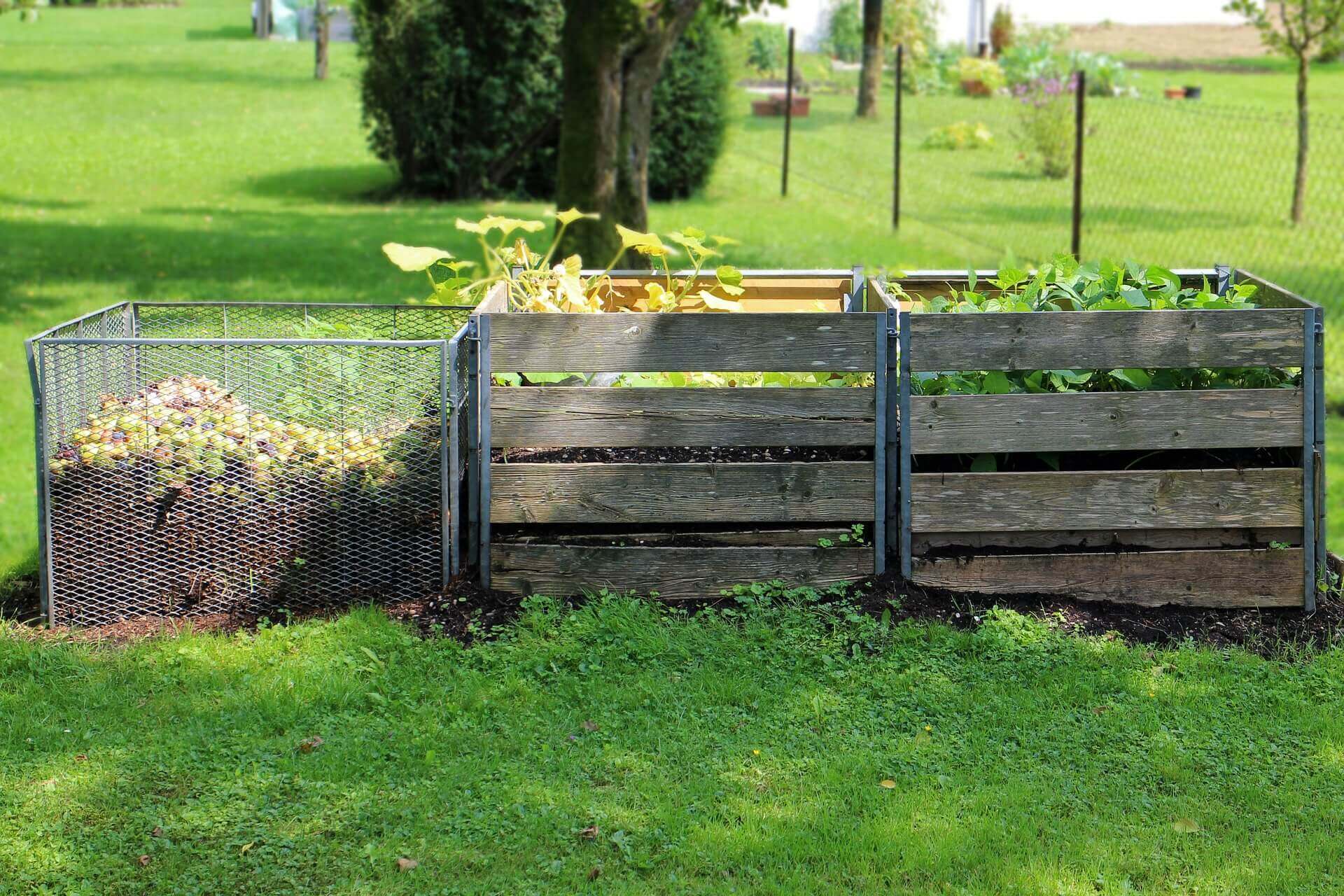
First things first – investing in a great compost bin will make your life as a composter gardener a lot easier. There are numerous compost solutions on the market today. These include easy-load compost bins and tumbling compost bins for faster composting. Accessories such as compost aerators which helps speed up the decomposition process are also available. If you want to be extra kind to the environment, avoid plastic and invest in a wooden compost bin.
Alternatively, you can recycle and use an old rubbish bin as a compost bin. Saw off the bottom and drill holes in the bottom half of the bin, then bury the section with holes in the soil. This will allow microorganisms to more easily enter your pile.
We have highlighted below some items you can and cannot compost. All you need to do to get started is start loading into your compost bin, and wait for it to do its magic!
What You Can Compost
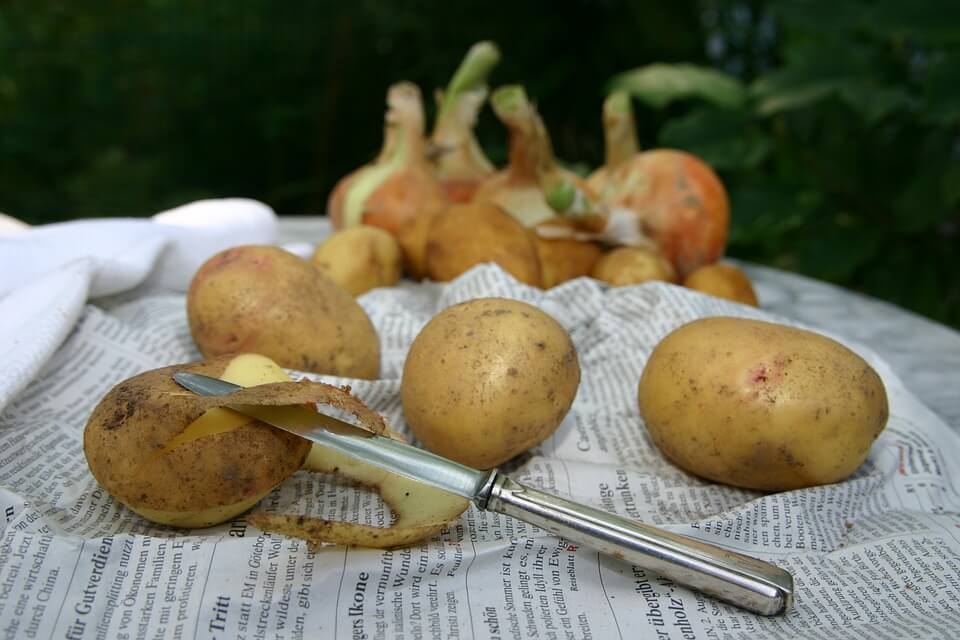
You can compost the majority of the organic matter from your food waste, including but not limited to:
- Tea bags (be wary that some tea bags are encased in plastic and other inorganic materials. If in doubt cut open and just compost the contents)
- Egg shells
- Fruit & vegetable scraps
- Coffee grounds & filters
- Leftover cooked pasta & rice
- Stale food, such as bread, cereal and crisps (bury bread deep to discourage pests)
- Cardboard food packaging with any plastic removed, cut up for easier decomposition
- Herbs & spices
But composting materials aren’t just limited to kitchen scraps! Many people aren’t aware you can also cultivate other household waste, including:
- Facial tissues
- Cotton items – cotton wool, clothing, fabric
- Newspaper & waste paper, as long as it’s not glossed (best to feed through a shredder first)
- Crumbs and dust collected from your dustpan
- Uneaten dry dog & cat food
- Dead house plants & flowers
And last but not least, don’t forget to compost your garden waste, such as:
- Grass trimmings
- Leaves
- Dying plant material
- Non-toxic weeds
What You Can’t Compost
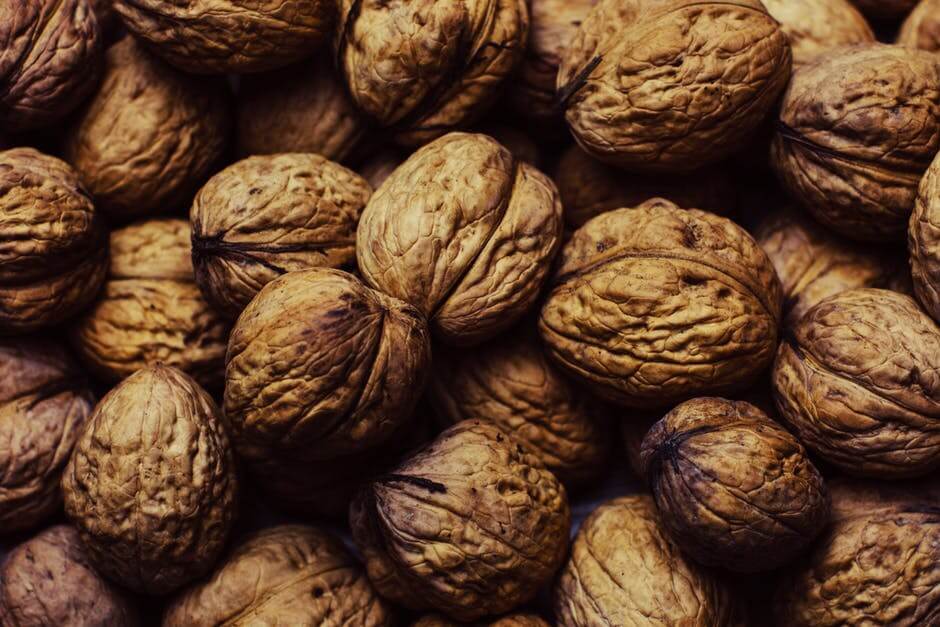
There are some things better left out of compost. These items may slow decomposition and produce a lower quality of compost. Others aren’t just bad for compost, but bad for the environment. The general rule is you can compost anything that is organic matter that was once living. Some exceptions to this rule are:
- Cooking oil
- Diseased plants
- Dairy products, including milk (although plant-based milks can be composted)
- Meat scraps
- Any inorganic materials
- Walnuts
- Pet faeces
How to Use Your Compost
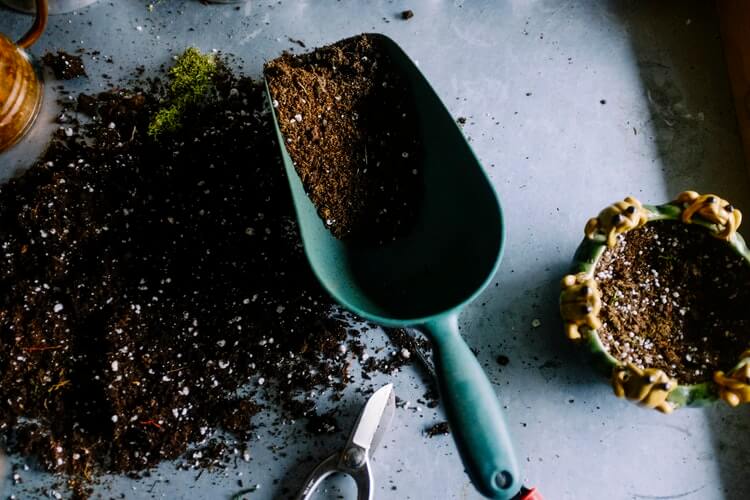
Compost can be used in many beneficial ways. As already mentioned it is a great organic soil amendment. Simply spread it onto your flower bed or veg patch to make your flowers lusher and your vegetables hardier. Compost can also be used as a lawn topper. It will encourage growth and ensure your grass is as green as can be. It can also be used as mulch, helping retain soil moisture as well as boosting its health.
What about pests?
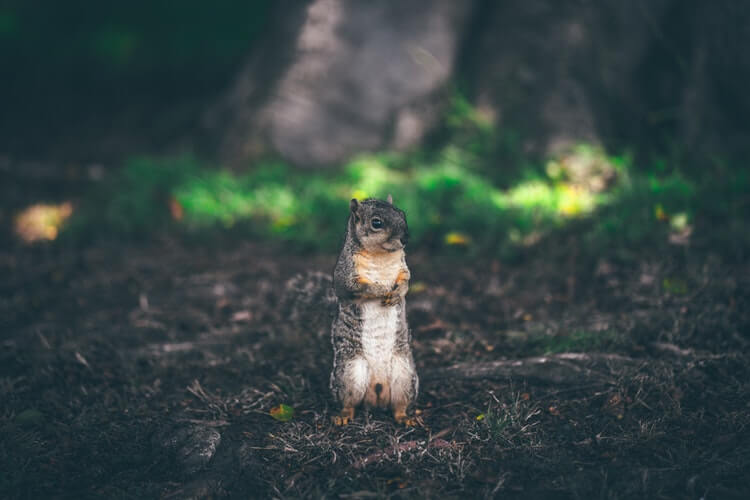
It is pretty easy to keep unwanted pests just as rats, away from compost. Keeping meat and dairy products out of your compost will help as these are big for attracting rodents. Another solution is to buy a closed compost bin with a lid. This will keep pests away as well as conceal the smell of the compost. Also be sure to keep your compost bin away from other animal food sources, such as berry bushes or bird feeders.
Overall, composting is a great thing to do for you as a gardener, your garden and the wider environment. The benefits are endless and there is no better day to start than today!
Megan works in the Primrose marketing team. When she is not at her desk you will find her half way up a hill in the Chilterns
or enjoying the latest thriller series on Netflix. Megan also enjoys cooking vegetarian feasts with veggies from her auntie’s vegetable garden.